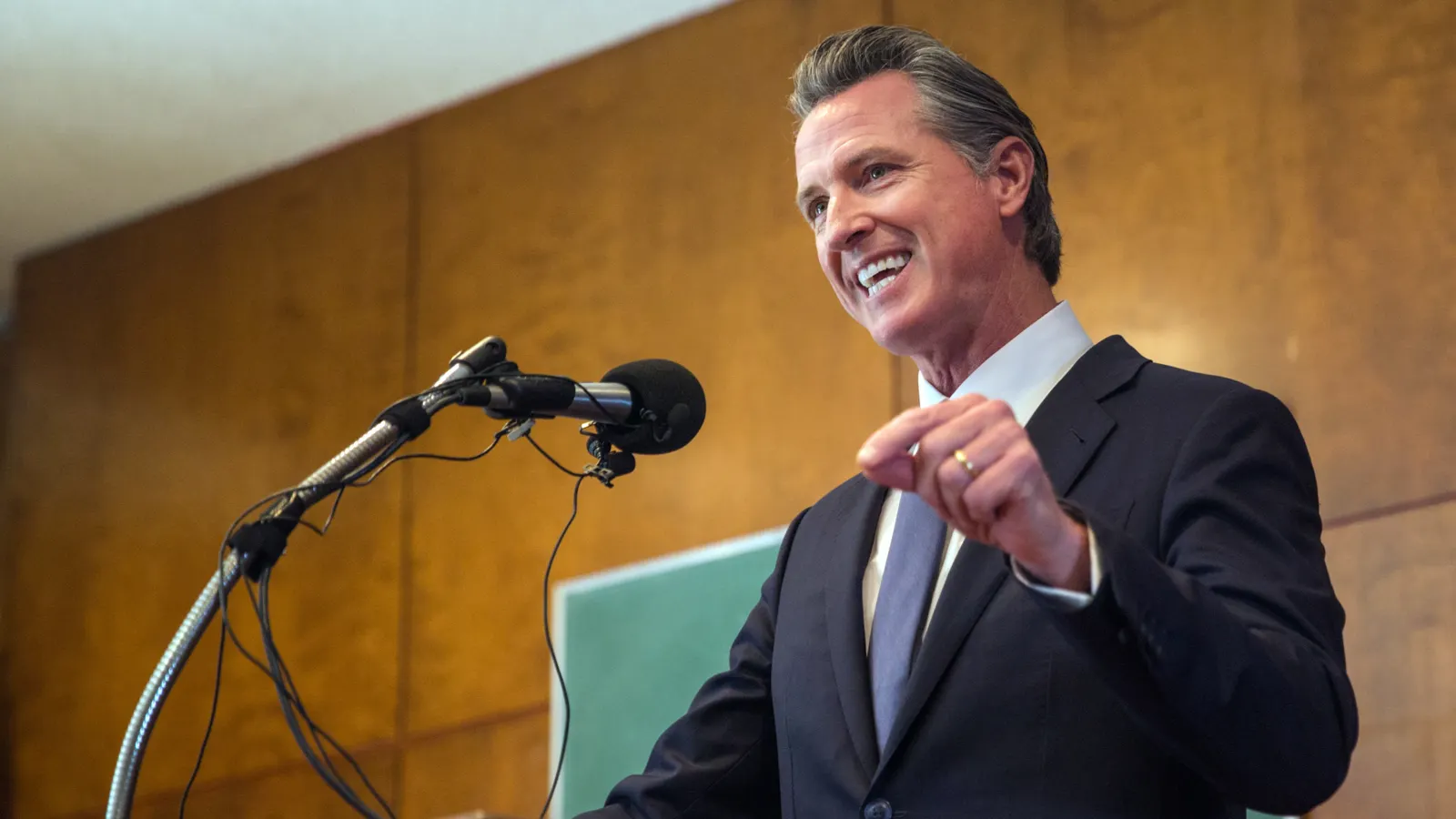California Governor Gavin Newsom signed two bills into law on Tuesday that require the consent of actors and performers before a digital replica can be created and used. The bills, AB2602 and AB1836, also aim to put in place protections from unauthorized AI-generated deepfakes for living and deceased performers.
Last year, the use of artificial intelligence became a major sticking point in negotiations between SAG-AFTRA and the Alliance of Motion Picture and Television Producers (AMPTP). Talks broke down over several issues, including protecting background actors—who were offered just one day of pay in exchange for allowing studios to create digital avatars of them for future use—and securing residual pay from streaming platforms.
Those issues led to a months-long strike that brought Hollywood productions to a standstill. In November, after talks resumed, a deal was struck between the two groups that SAG-AFTRA said established detailed informed consent and compensation guardrails for the use of AI.
The new laws appear to strengthen actors’ rights. First introduced in September 2023 by Assemblymember Ash Kalra (D-San Jose), CA Assembly Bill 2602 requires contracts to specify when AI-generated replicas are being created and must clearly state the conditions under which these replicas will be used. The bill, which requires actors to have legal representation when entering into AI-related rights contracts, did not specify the penalty for violating the new law.
“We talk about California being a state of dreamers and doers,” Newsom said in a video post on X. “A lot of dreamers come to California, but sometimes they’re not well-represented and with [SAG-AFTRA] and this bill I just signed, we’re making sure that no one turns over their name, image, and likeness to unscrupulous people without representation or union advocacy.”
Introduced by Assemblymember Rebecca Bauer-Kahan (D-Orinda), CA Assembly Bill 1836 prohibits the creation of digital replicas of deceased actors and performers for commercial purposes without the permission of the performer’s estate. Violators face damages of at least $10,000.
SAG-AFTRA, which had been in negotiations with studios over the use of artificial intelligence and compensation for the use of video game performers’ voices and likenesses, cheered the new laws.
“AB 1836 and AB 2602 represent much-needed legislation prioritizing the rights of individuals in the A.I. age,” SAG-AFTRA National Executive Director and Chief Negotiator Duncan Crabtree-Ireland said in a statement. “No one should live in fear of becoming someone else’s unpaid digital puppet.”
Generally Intelligent Newsletter
A weekly AI journey narrated by Gen, a generative AI model.




